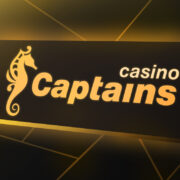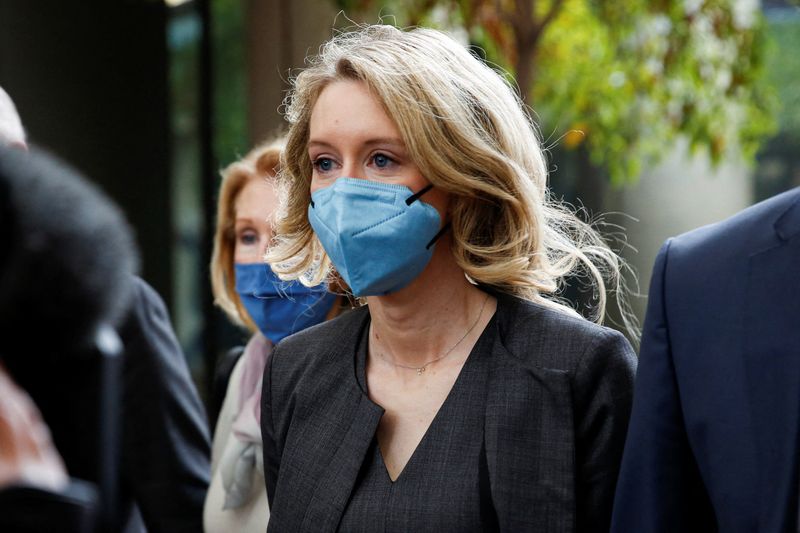Edeka versus Eckes-Granini “That’s a little economic crime”
Edeka and Eckes are fighting over the design a fruit juice bottle. A curious case, even the trademark lawyer Heidi Kneller-Gronen finds. What she advises entrepreneurs to protect themselves against similar.
Heidi Kneller-Gronen is a lawyer and founder of the Cologne law firm IP Kneller. As a lawyer, she has specialized in the protection of intellectual property, in particular competition law, trademark law and copyright.
WirtschaftsWoche: Ms. Kneller-Gronen, between Eckes-Granini and Edeka rages on Litigation over the design of fruit juice bottles. As a trademark lawyer, you must have followed the conflict closely, right?
Heidi Kneller-Gronen:
Yes, like that something is of course fun for a trademark lawyer – also as an outside observer. All in all, this is a very strange case: Edeka apparently tried to copy Granini’s juice bottles a bit as part of the whole argument with Granini. That’s a little business crime.
Eckes-Granini has had the sale of the Edeka juice bottles in question prohibited by a court. Edeka’s objection was unsuccessful in court. Is the quarrel over now?
Edeka will probably move to the next instance now. The supermarket chain has just carried out a survey among its customers, in which they were asked to distinguish between the two bottle designs in question. That could already be a first clever move for the next trial: Normally, corporations try to refute accusations of imitation in court by hiring expensive experts who are supposed to show that the two products are not that similar after all. In this case, however, Edeka has already had its customers create a free private appraisal.
Top jobs of the day
Find the best jobs now and
per email.
From your point of view, would Edeka have a good chance of being right in the next instance? There will be judges with a new perspective sit. They will ask themselves: what exactly is a typical Granini bottle? Granini has had some bottle shapes protected for design reasons. However, the assessment in these design questions is ultimately always subjective.
What exactly is still allowed under design law and what is forbidden? Is there a rule of thumb as to when one product is too similar to another?
There is no general rule. As a small first step, I advise my clients to present their product to their grandmother as a preliminary check. If they say it’s similar, then it’s probably similar. Of course, that’s not meant to be taken too seriously, but it has a core of truth: Often, the first gut feeling tells you quite well whether there is a risk of a design similarity. Ultimately, it is also a subjective impression that is decisive.
Therefore: If you, as a layman, think that one product could somehow be similar to the other, then as a retailer I would simply keep your hands off it or have it checked by a lawyer, who would then look into it evaluated according to legal criteria – for example according to the already known range of forms.
Otherwise it can probably get expensive?
The amounts in dispute for trademark and design infringements are often 50,000 to 100,000 euros. Of course, there are also companies that consciously take such risks and value the profits that the supposedly counterfeit product brings in higher than the costs of a possible procedure. But younger companies in particular often approach the matter somewhat inexperienced. You quickly get a cost apparatus up and running that should not be underestimated.
This is of particular interest to WiWo readers today
Read here what is still important today
Thinking the other way around: How important is design protection for smaller entrepreneurs? It is probably more common for large corporations to be inspired by start-ups than vice versa?
Yes indeed. I often get calls from startups and small businesses saying, ‘Someone copied my product.’ Then, of course, my first question is, ‘Do you have protection? Did you register that?’ And far too often that is not the case. Then, of course, it becomes difficult in court. Many young entrepreneurs are just too proud of their product. And they first want to wait and see whether it really works on the market. This is understandable, but the legal aspect should not be neglected. My urgent advice: As soon as you bring something onto the market that you would be reluctant to see the competition copying it, you have to register design protection. The sooner the better.
More on the subject : Edeka and Eckes-Granini have been arguing bitterly for months Price increases and trademark rights. Now the fruit juice manufacturer has won a victory in court – but it may only be a stage victory.
© Handelsblatt GmbH – Alle Rechte vorbehalten. Nutzungsrechte erwerben?
Note: This article have been indexed to our site. We do not claim legitimacy, ownership or copyright of any of the content above. To see the article at original source Click Here













